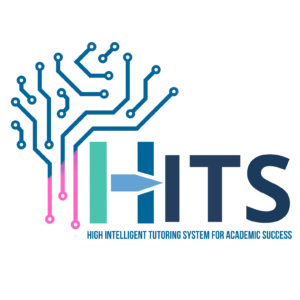
With the increasing integration of artificial intelligence in universities, the necessity for effective regulation becomes paramount. International organizations such as UNESCO and the OECD are proactively working to develop guidelines that ensure ethical and responsible AI usage in educational contexts. These regulations tackle pressing issues like student data privacy, algorithmic accountability, and equitable access to intelligent systems. Without a strong regulatory framework, there exists a tangible risk that AI could perpetuate existing biases or generate new inequalities. To navigate these challenges successfully, universities must be prepared to implement these guidelines thoroughly and provide adequate training for staff. This preparation is essential to ensure that AI technologies are utilized responsibly, fostering an educational environment that promotes fairness and inclusivity. By addressing these regulatory considerations, universities can pave the way for a more equitable and effective use of AI in higher education.
This is the focus of the third chapter of the handbook!
